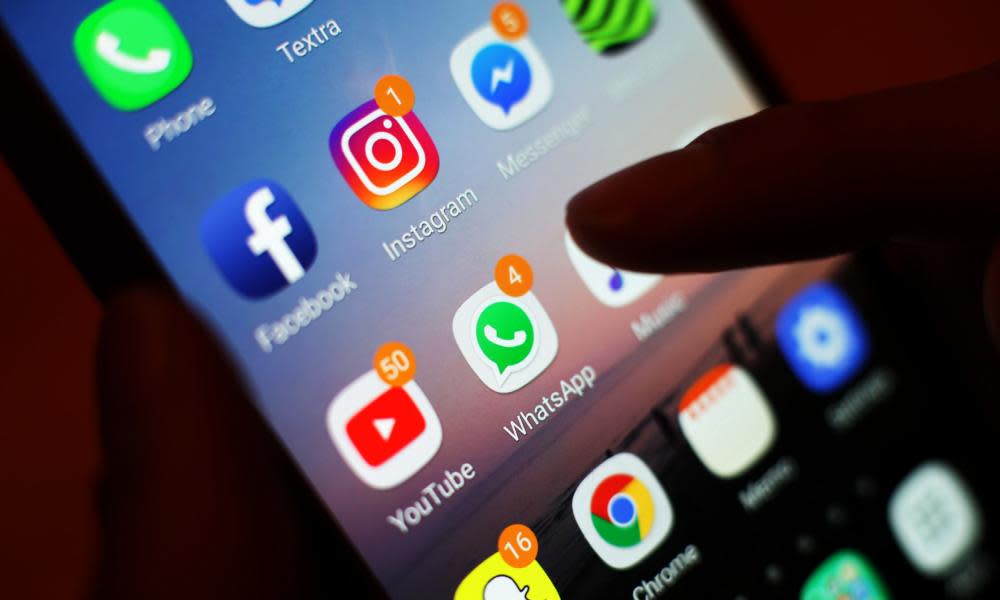Cyberflashing should be new criminal offence, review suggests

Unsolicited sending of obscene images should be made illegal through the creation of a new offence of cyberflashing, a UK government-commissioned review recommended.
The Law Commission said that while the Sexual Offences Act criminalised exposure of genitals it was not sufficiently clear whether that covered images or video recordings.
In a report, published on Wednesday, the commission said: “Cyberflashing can cause serious harm. It is often experienced as a form of sexual harassment, involving coercive sexual intrusion by men into women’s everyday lives.”
British Transport Police recorded 66 reports of unsolicited photographs sent – through means such as the filesharing service AirDrop – in 2019, up from three in 2016. The commission described this increase as dramatic but likely to represent the tip of the iceberg.
Proposing other new listed offences, including pile-on harassment, knowingly sending false communications, and encouragement or assistance of serious self-harm, the commission said that the existing legislation could be ineffective at criminalising genuinely harmful online behaviour. In other instances it could disproportionately interfere with freedom of expression.
It said the changes, if enacted, would involve a shift away from prohibited categories of communication such as “indecent” or “grossly offensive”, which could be “vague”, towards a focus on the harmful consequences of particular communications.
Prof Penney Lewis, criminal law commissioner at the Law Commission, said: “Online abuse can cause untold harm to those targeted and change is needed to ensure we are protecting victims from abuse such as cyberflashing and pile-on harassment.
“At the same time, our reforms would better protect freedom of expression by narrowing the reach of the criminal law so it only criminalises the most harmful behaviour.”
The report said that more than 70% of UK adults had a social media profile and internet users, on average, spent more than four hours online each day. Analysis by the Alan Turing institute estimated that about a third of people in the UK had been exposed to online abuse.
Published less than a fortnight after black football players were subjected to racist abuse on social media, after England’s defeat in the European Championship final, the report also highlighted the “corrosive” online abuse of football players.
Caroline Dinenage, minister for digital and culture, said the government would carefully consider the commission’s recommendations. “We are putting new legal responsibilities on social media companies to protect the British public. But we have to be confident we can hold the individuals using these sites to threaten, abuse and spread hate, accountable too.”

 Yahoo News
Yahoo News 
